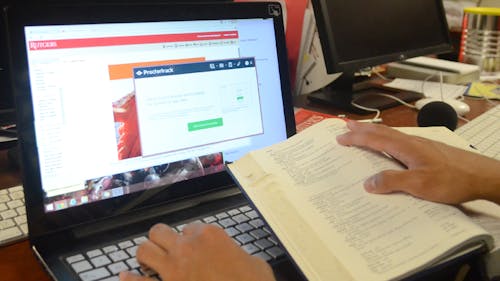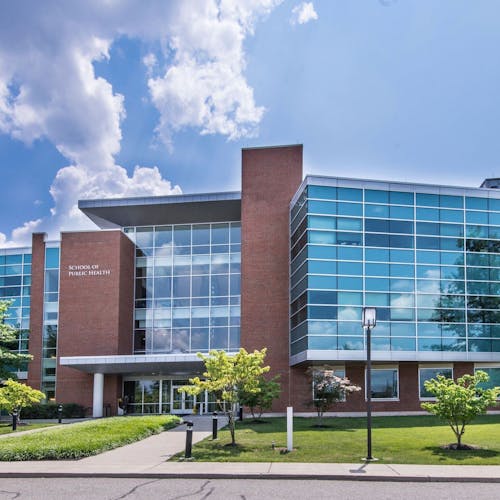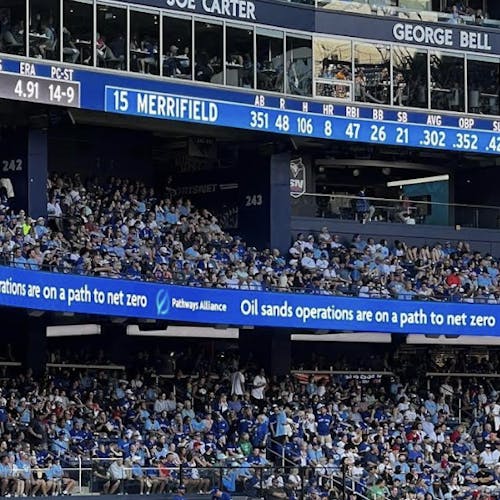Rutgers adopts anti-cheating exam software ProctorTrack, students fight back

In January, the Mason Gross School of the Arts was the first to adapt ProctorTrack, a service that uses a webcam to scan student faces, IDs and knuckles in order to prevent cheating on online exams.
ProctorTrack requires a $32 student fee in addition to the mandated $100 convenience fee.
The program claims to be the “only fully automated remote proctoring solution,” utilizing webcams to maintain the integrity of online exams.
Colleges and universities with distance education programs are required to enforce the usage of programs like Proctortrack in order to adhere to the United States Department of Education’s Higher Education Opportunity Act of 2008, said E.J. Miranda, director of media relations at the University.
ProctorTrack, a tool Miranda called affordable, versatile and compliant with the Americans with Disabilities Act of 1990, has raised concerns from both students and faculty.
In a response to the student controversy, the University administration released an announcement stating ProctorTrack does not have access to files on a student’s hard drive except for the audio, video and screenshots recorded during an exam, nor are any videos live streamed to anyone.
After student data is captured and uploaded to ProctorTrack’s secure servers, algorithms identify any possible anomalies or breaches to test policies, according to the announcement, and the information is analyzed automatically.
While implementing these new standard may take time, the University stands behind the security ProctorTrack offers students, according to the announcement.



